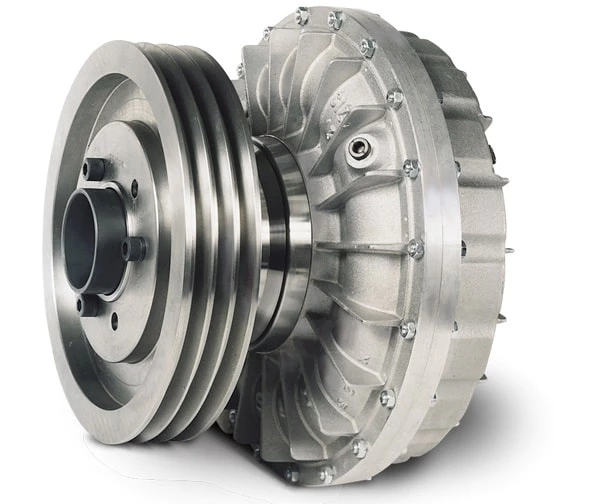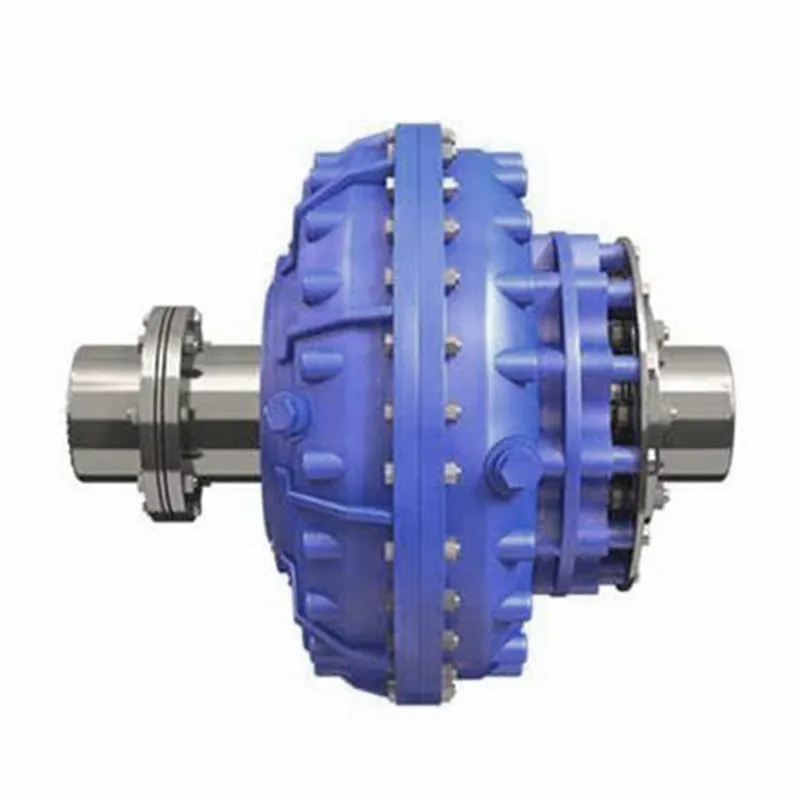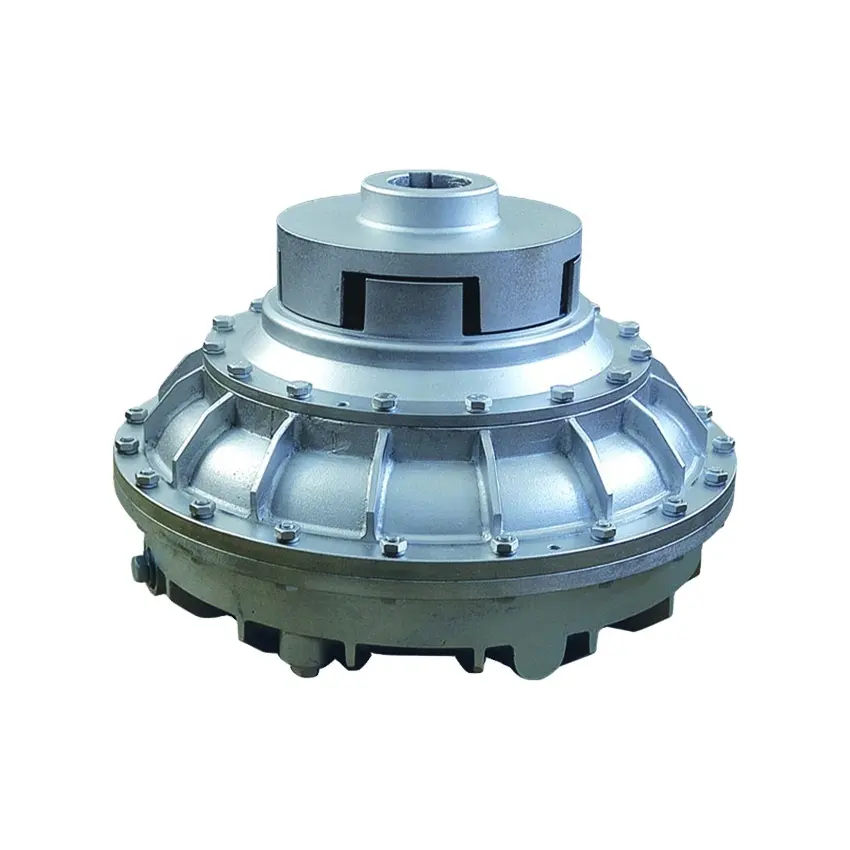Product Description
air compressor parts rubber hydraulic shaft flexible coupling
1.coupling size :20R,30R,40R,50R,60R,70R
2. coupling color : green
3. pack: Standard coupling packing
4.warranty: Half a Year
5. other name:shaft coupling,flexible coupling
Dear Sir,
It gives us great pleasure to introduce ZAKF oil injected rotary screw air Compressor. Our company Honkong CHINAMFG Industry Limited is a large enterprises which is professional in air compressor and air compressor parts research, development and research. ZAKF is 1 of a famous compressor brand belong to Honkong CHINAMFG Industry Limited , ZAKF screw air compressor shipped to CHINAMFG customer in Malaysia,Vietnam, Singapore, Indonesia, Thailand, India, Bangladesh,Sri Lanka, Mauritius, Australia, Saudi Arabia, Israel, Russia, Croatia, Brazil, Peru, USA, Mexico, Canada, Dominican Republic…. widely used in diverse industry.
CHINAMFG compressor design, manufacturing at a high starting point, advanced technology, superior level of systemization, its core competencies to guide the development trend of industry, stable and reliable. CHINAMFG import advanced technology from Europe, through constant practice and improvement, design a new generation of ZAKF air compressor.
Improved quality assurance manual, advanced production process, control management program files comprehensive, standardized, ensuring high quality brand products “ZAKF”, stable and durable. High quality, intimate service get the praise from users all over the world.
Our Product include:
OEM screw air compressor / Air dryer
Oil free spare parts / Shaft seal / Sleeve / Sensor
Screw air compressor / Screw air compressor airend / Used screw air compressor
Screw air compressor solenoid valve / Thermostat valve / Air intake valve / Minimum pressure valve
Screw air compressor blow off valve / Drain valve / Wheel gear / Oil level Indicator / Master controller
Screw air compressor service kits / Air filter / Oil filter / Oil separator / Filter element / Lubricating oil
Temperature Sensor P.N
1 0571 7107 1 0571 7144 1 0571 7164 1 0571 7101 1 0571 7102 1 0571 7103 1 0571 7105 1 0571 7
1 0571 7141 1 0571 7140 1 0571 7116 1 0571 7155 1 0571 7151 1089958/44 23748593
Gear Set P.N
1622571/26/28 //1622311026
1622311571/28/30/34/36/42/44/46
1622311049/50/54/56/60/64/66 1614933/09/11/13/23/25/31/33/37/ 16149335/24
/28 1613965/818/81/83 1 0571 7111 1 0571 7151 1 0571 7141 1 0571 7133 1 0571 7173 1 0571 7165
1 0571 7135 1 0571 7174 1 0571 7164 1 0571 7144 1 0571 7178 1 0571 7128 1 0571 7120
1 0571 7130 1 0571 7154 1 3307 39428305 39875539 39877618 39929435
39853791 39853809 42852483 39883186 39921713 39853775 39853775 39853783 39875539
Cooler P.N
161383 0571 162175712 16217 54365945 12571739 10571561 16223931 8829 25
16138366 16136673 16149584 16139509
Air Filter P.N
/16215743/1202626301/1202626302/1202626203/1202626204/1202627302
1617703909/161775711/1617704203/1617704201/1617704303/1617704301
1617704305/161775714/29/ 162257101/16139014 air compressor oil ultra coolant
29571522
/* January 22, 2571 19:08:37 */!function(){function s(e,r){var a,o={};try{e&&e.split(“,”).forEach(function(e,t){e&&(a=e.match(/(.*?):(.*)$/))&&1

Role of Oil Couplings in Vibration Reduction and Machinery Efficiency
An oil coupling can play a significant role in reducing vibrations and enhancing machinery efficiency:
- Vibration Dampening: The damping effect of the oil absorbs and dissipates vibrations, minimizing their transmission between connected shafts.
- Smooth Torque Transmission: The oil’s fluid properties allow gradual torque transfer, reducing sudden jolts and shocks that lead to vibrations.
- Shock Absorption: Oil couplings absorb sudden load changes and shocks, preventing them from propagating throughout the machinery.
- Energy Efficiency: The controlled and efficient transmission of torque minimizes energy losses due to vibrations and shocks, enhancing overall machinery efficiency.
- Noise Reduction: By dampening vibrations, oil couplings can help reduce noise generated by machinery operation.
Overall, the use of oil couplings contributes to smoother and more efficient machinery performance by minimizing vibrations and promoting stable torque transmission.

Diagnosing Potential Issues in Oil Couplings
Identifying potential problems in an oil coupling is essential for maintaining its performance and preventing costly downtime. Here are some signs to watch for and how they can be diagnosed:
- Increased Vibrations: Excessive vibrations could indicate misalignment, wear, or imbalance in the coupling. Use vibration analysis tools to assess the severity and pinpoint the source of vibrations.
- Unusual Noises: Strange noises like grinding or clunking may suggest worn or damaged components. Conduct a visual inspection and listen carefully while the equipment is running.
- Overheating: If the coupling becomes excessively hot, it could be due to inadequate lubrication, misalignment, or high loads. Use infrared thermography to identify hot spots and determine the cause.
- Leakage: Oil leakage from the coupling indicates a potential seal failure. Inspect the coupling’s seals and gaskets for damage and check the oil levels regularly.
- Irregular Torque Transmission: Inconsistent power transmission could result from wear, misalignment, or oil contamination. Conduct torque tests to measure the coupling’s efficiency and identify any deviations.
- Increased Friction: Higher friction levels can be caused by inadequate lubrication or contamination. Monitor temperature changes and friction levels during operation.
- Reduced Performance: A decrease in system performance may point to wear, misalignment, or damage. Regularly measure coupling parameters, such as rotational speed and torque, and compare them to design specifications.
Diagnosing issues in an oil coupling involves a combination of visual inspections, monitoring performance parameters, and using specialized diagnostic tools to identify and address potential problems promptly.

Role of Oil Viscosity and Temperature in Oil Coupling Performance
The viscosity of the oil used in an oil coupling and the temperature at which the coupling operates play crucial roles in determining the coupling’s performance and efficiency:
Oil Viscosity: The viscosity of the oil refers to its resistance to flow. It affects the lubricating ability and overall efficiency of the coupling. The right oil viscosity ensures proper lubrication between the coupling’s components, reducing friction, wear, and heat generation. Oil with insufficient viscosity might not provide adequate lubrication, while oil with excessive viscosity might result in energy losses and overheating.
Temperature: The operating temperature of the oil coupling impacts its viscosity and performance. As temperature increases, oil viscosity tends to decrease, potentially leading to inadequate lubrication and increased wear. Conversely, at very low temperatures, the oil’s viscosity might become too high, hindering smooth rotation. It’s crucial to select an oil with a viscosity-temperature relationship that matches the coupling’s operating conditions.
Viscosity-Temperature Relationship: The choice of oil should consider the viscosity-temperature relationship of the oil. Some oils maintain a relatively consistent viscosity across a wide temperature range, making them suitable for applications with varying temperatures. Others might require additional heating or cooling systems to maintain the optimal viscosity level.
Oil Cooler and Heater: In applications where temperature variations are significant, oil couplings might include oil coolers or heaters to regulate the oil’s temperature. This helps maintain consistent viscosity and ensures optimal lubrication and performance even in extreme conditions.
Manufacturer Recommendations: Manufacturers of oil couplings often provide guidelines on the recommended oil viscosity and operating temperature range for their specific couplings. Following these recommendations helps ensure that the coupling functions efficiently and enjoys a longer service life.
By understanding the relationship between oil viscosity, temperature, and coupling performance, you can select the right oil and implement appropriate temperature control measures to optimize the functioning of your oil coupling.


editor by CX 2024-03-10
by
Tags:
Leave a Reply